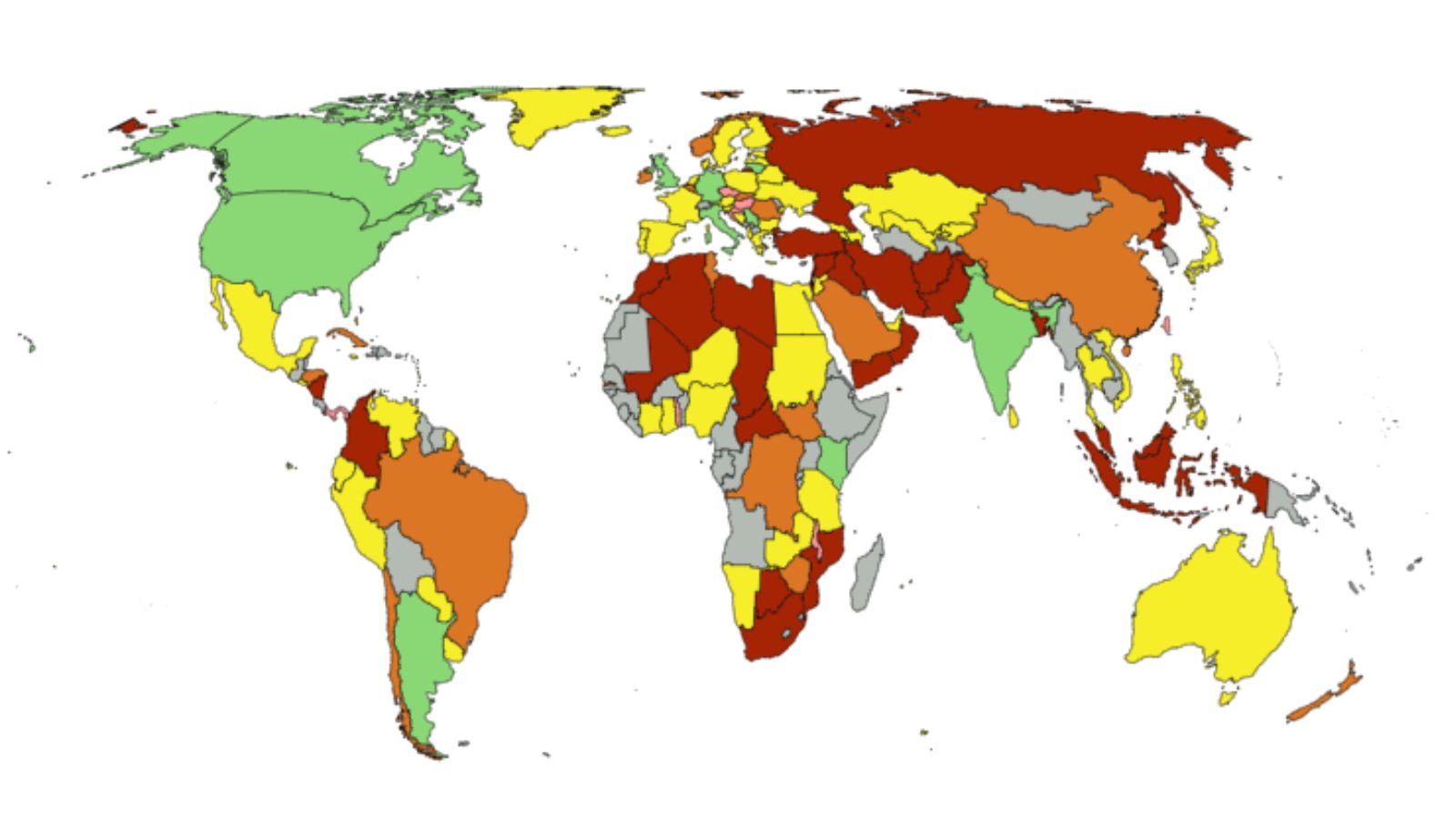World
Map shows where the world stands on Israel-Gaza conflict

As a new administration is set to take control of U.S. foreign policy, Newsweek has mapped the world’s stances on the Israel-Palestinian conflict, one of the biggest issues facing the international community.
President-elect Donald Trump will return to the White House in January 2025, bringing a new cabinet and a new approach to foreign policy with him. Trump has already been vocal about how he will approach the Middle East, warning Hamas that there will be “hell to pay” if hostages are not released from Gaza.
Despite strong stances in support of Israel from the U.S. and many of its allies in the West, such as the U.K., international perspectives on the conflict in Gaza, which escalated after the October 7 attacks, remain divided, particularly among actors in the Middle East.
Newsweek mapped the global stances of every country in the world on the conflict between Israel and the Palestinian regions, revealing that there is broad support for a two-state solution, though some countries have adopted harsher rhetoric towards Israel.
Several countries support Palestine becoming a recognized nation, while also providing military support to Israel. Countries like the U.S., the U.K., and India follow this route.
Some countries had this approach in the immediate aftermath of October 7, but have since reduced aid to Israel. Countries like Canada and the Netherlands reduced supplies to Israel in 2024 as the conflict with Hamas continued.
The conflict has escalated since the October 7 attacks conducted by Hamas who were responsible for killing almost 1,200 people and taking some 250 others hostage last October.
Since then, the death toll for the war in Gaza has reached more than 44,000 people, with Gaza officials reporting over 100,000 wounded in the conflict. According to the Gaza Health Ministry, more than half those killed were women and children.
Several countries in the Middle East that immediately surround Israel do not recognize it as a state, and refuse to do so until Palestinian statehood is achieved.
Nations such as Syria, which borders Israel to the north, and Yemen, which sits along the Red Sea, have strongly criticized Israel’s actions in Gaza, to the point where factions such as the Houthis in Yemen have attacked Israeli vessels.
This sentiment continues throughout North Africa, with Morocco, Algeria, and Libya, all expressing solidarity with Palestine and condemning Israeli military activity.
Several states maintain Israel’s right to exist and defend itself while also criticizing the state’s actions in Gaza. Brazil and China both support a two-state solution in which Israel is able to protect its borders, while also condemning some of the actions taken by the IDF.
Some nations in Europe have also taken this approach, with Ireland, Belgium, and Norway all also expressing support for a two-state solution, along with concerns over the continuing military action in Gaza.
Newsweek contacted the Trump transition team for comment on how Trump’s administration would approach the conflict in the Middle East.
Do you have a story we should be covering? Do you have any questions about this story? Contact LiveNews@newsweek.com.






.jpeg)


